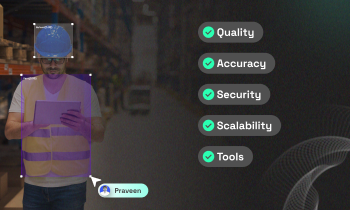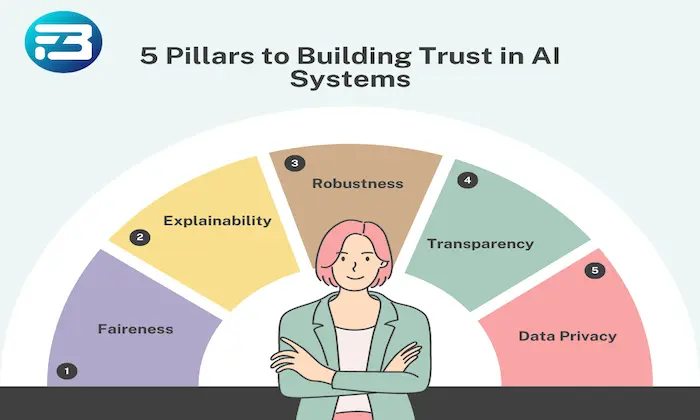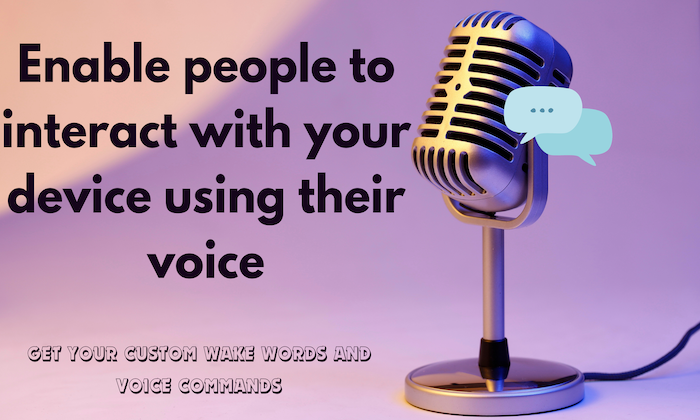What is multi-task learning in speech recognition?
Multi-Task Learning
Speech Recognition
Speech AI
Multi-task learning (MTL) represents a pivotal advancement in speech recognition, offering a more robust way to handle multiple speech-related tasks within a single model. This method enhances model performance and efficiency by leveraging shared resources and insights across tasks like phoneme recognition, emotion detection, and speaker identification.
Benefits of Multi-Task Learning in Speech Recognition
MTL stands out due to its ability to improve generalization, reduce data requirements, and accelerate training processes. Here's why it's vital:
- Improved Generalization: By learning from multiple tasks, MTL helps models better generalize to unseen data, reducing overfitting and enhancing accuracy.
- Data Efficiency: Shared knowledge across tasks diminishes the need for extensive labeled datasets, which is particularly beneficial in domains with limited data availability.
- Faster Training: Consolidating tasks into a single model framework can significantly reduce training time compared to separate models for each task.
How Multi-Task Learning Operates in Speech Recognition
MTL in speech recognition typically involves a shared neural network architecture that branches into task-specific sections. Here's a breakdown:
- Shared Layers: Initial layers extract common features from the audio, such as spectrogram representations.
- Task-Specific Layers: The network then splits into branches tailored to each task, like transcription or emotion detection.
- Loss Functions: Each task has a distinct loss function, and these are combined to guide the model's training process, ensuring balanced performance across tasks.
The Importance of Task Selection and Trade-Offs
Choosing the right tasks is crucial. Tasks need to be sufficiently related to benefit from shared learning. If tasks are too diverse, it may hinder performance rather than improve it. Additionally, managing computational resources is vital to maintain efficiency and performance. This involves careful tuning of hyperparameters like learning rates and regularization techniques.
Real-World Applications and Examples
Multi-task learning is currently employed in various industries to enhance AI capabilities. For instance, customer service systems use MTL to transcribe calls and detect customer sentiment simultaneously, providing real-time insights and improving customer experience. In healthcare, MTL models can assist in transcribing medical consultations while also identifying critical emotional cues from patients, aiding in better diagnostic processes.
Avoiding Pitfalls in Multi-Task Learning
Successful implementation of MTL requires attention to potential pitfalls:
- Data Quality: High-quality, diverse datasets are essential. Poor data can undermine the model's ability to learn effectively.
- Architectural Complexity: Overcomplicating the model can lead to training difficulties and performance issues. Simplicity often yields better initial results.
- Task Dependencies: Not all tasks benefit equally from shared learning. Teams should ensure tasks are compatible and avoid forcing unrelated tasks together.
Why Choose FutureBeeAI for Your MTL Needs
At FutureBeeAI, we specialize in creating and annotating high-quality speech datasets that are crucial for multi-task learning models. Whether you're working in customer service, healthcare, or any other domain, our data solutions are designed to enhance your model's performance and efficiency. Our services ensure diverse, ethically sourced datasets that can accelerate your AI projects and improve outcomes.
Smart FAQs
Q. What tasks are typically involved in multi-task learning for speech recognition?
A. Common tasks include phoneme recognition, ASR, speaker identification, and emotion detection. Each task enhances the model's overall understanding of speech.
Q. How does multi-task learning improve data efficiency?
A. MTL utilizes shared information across tasks, reducing the need for extensive labeled data. This is especially useful in areas where speech data collection is costly or challenging.
What Else Do People Ask?
Related AI Articles
Browse Matching Datasets
Acquiring high-quality AI datasets has never been easier!!!
Get in touch with our AI data expert now!








